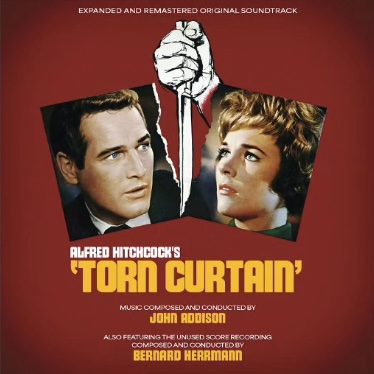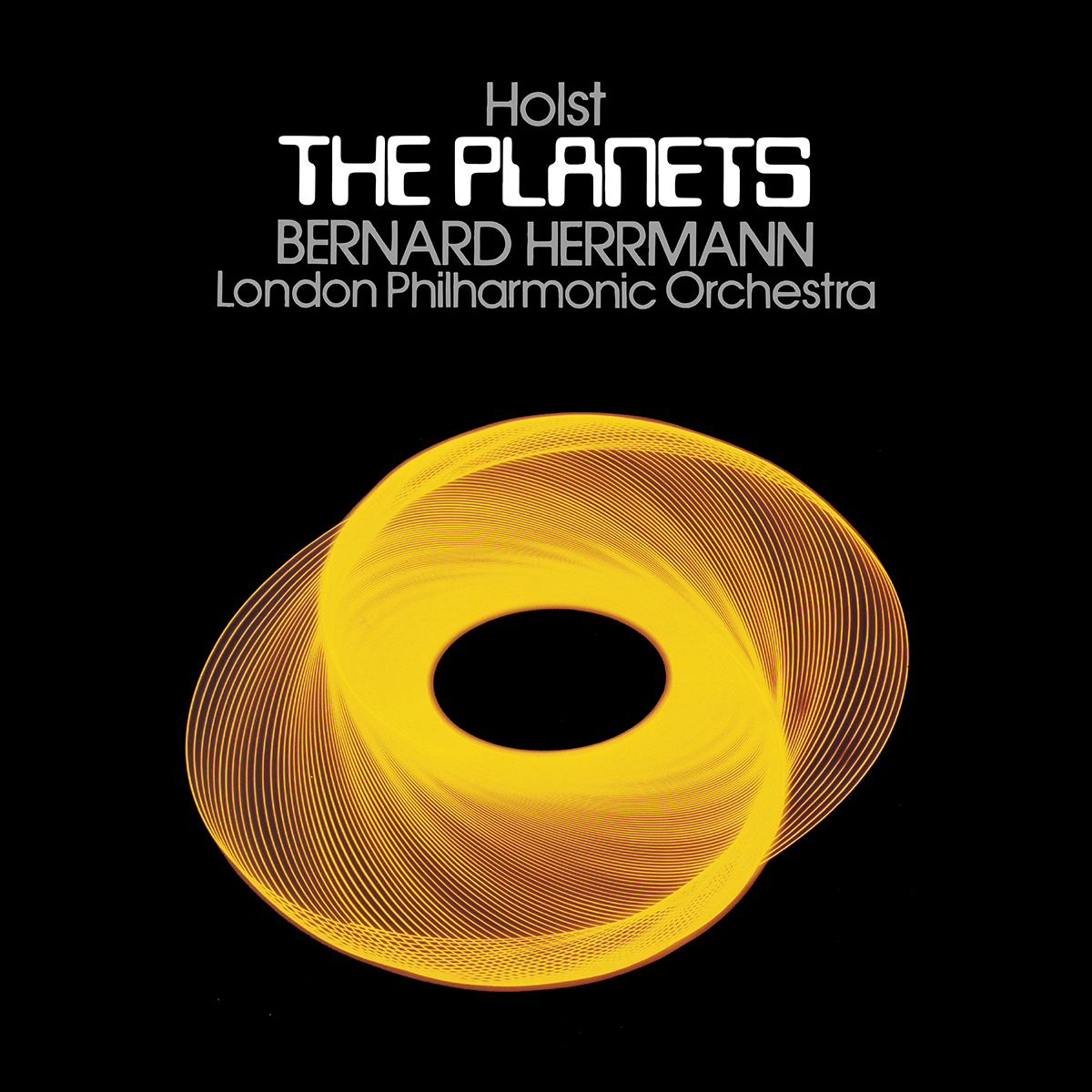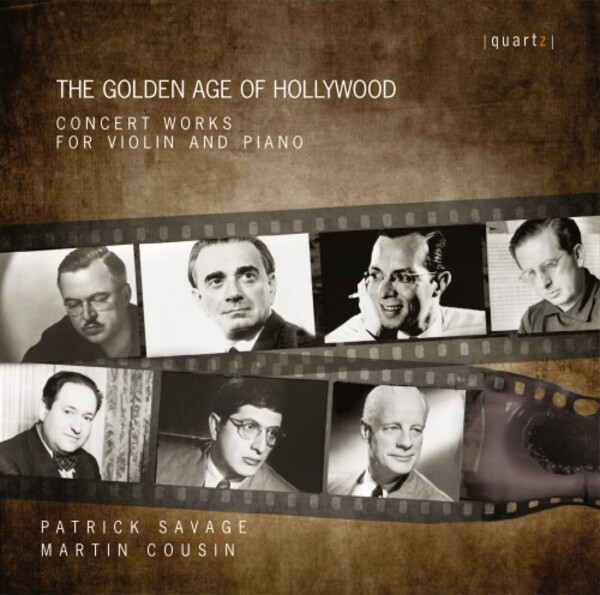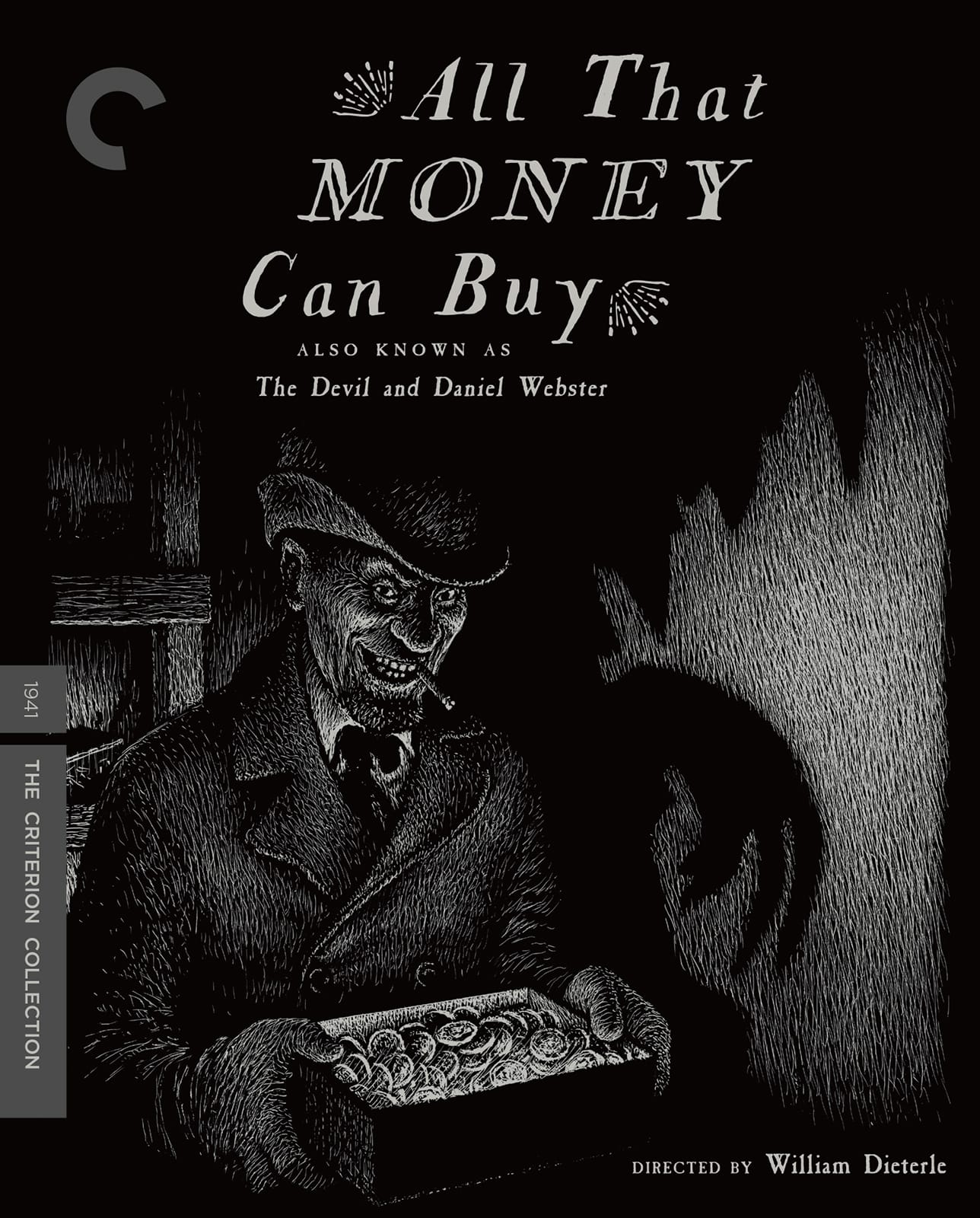Despite this pressure, Hitchcock felt comfortable with Benny, since Benny had done his previous pictures and made enormous contributions. It was Benny’s idea not to use music in The Birds. He and Hitch went to Munich together, and that decision was arrived at there. Benny told me they shared a suite there; they had a good time together.
So Hitch decided to go with Benny [on Torn Curtain], but he was determined because of the pressure to lay out very specifically to Benny what he wanted in the score. He sent Benny a cable of enormous length; Benny was in England at the time. [Note to readers: the cable is included in my biography, "A Heart at Fire's Center: The Life and Music of Bernard Herrmann."] As I understood it, Hitch wanted a rather simple score.
By this time, Hitch was having health problems and couldn’t assert himself as he had in previous years. He tolerated interference that he would have dealt with before. He wouldn’t have ended up with scores that were alien to his genre. I know Universal was talking about getting Mancini for “Torn Curtain.” Now, Benny wrote the score after receiving this directives.
Well, I’m sitting in my office at Universal, and the phone rings. This is the first day of recording. The Goldwyn recording stage has been reserved for two days. Hitchcock and Peggy Robertson appear…[listen to what's been recorded, and Hitchcock says, in effect, "I don't want to hear another note. This is not what I asked for in the cable. This is a complete violation of my requests." He walked off the stage, had the orchestra dismissed, cancelled the next day, and never heard another note of the score.
Herrmann tried to get to see him; Hitch wouldn't see him. He felt that Benny had deliberately ignored his directive.

Benny elected to call me. He was a very dogmatic and abrasive man, but he was shattered. My experiences with him were always good ones - he made me laugh, we had a long history together. But he called me and said, "I've got to see you immediately. " I said, "Well, come over here." He said, "It would be very bad if I go on the lot." So we met in a little hamburger joint on Ventura Boulevard. To sit in a hamburger joint on Ventura Boulevard at 2:30 in the afternoon on a sunny day in California was like being relegated to a corner of Dante's Hell. It just has nothing to do with the good things happening in the world.
He told me this story as we sat in this deserted hamburger joint. That day I saw Benny as an almost totally destroyed human being. To Benny, his relationship with Hitchcock and his history with Orson Welles were the two greatest things in his life. He considered himself a very good friend of Hitch's, and he felt that it was over.
So we debated the issue - was there anything that could be done? Could we enlist the music department at Universal - and then we realized that they were the ones who had set up the whole situation, so there was no hope there.
There was virtually nothing that we could figure out. There was no way that Hitch was going to listen to another note of the score. So one just held Benny's hand; the situation was one of total destruction.
Hitch took the violation as a personal insult, because he had been so careful to lay out his instructions. Then you must also realize that he had hired Benny over the objections of the front office. So the whole situation contributed to Hitch's feeling that Benny had betrayed him.
What is ironic is that Benny was such hell on the instrumentalists when he conducted - I always thought Benny had an image of himself as a mixture of Sir Thomas Beecham and Vaughan Williams. His home was very English - the cut glass, the paintings, the furniture. He wanted to be an English lord. On the other hand, [the British actress] Diana Dors, who was a friend of mine, went with me to a party, and we took Benny. He had his bangs hanging down, and she said, “You know, he’s the first hippie!”
The final irony of the Torn Curtain situation was that Benny finally got what he had been giving, and he couldn’t believe it.

At some point that changed, because of the union ruling, and we did have to score 13 shows. Then we could re-use those tracks for the remainder of the shows. At that point it could have been that Benny was not available… but when we got to the hour show, Benny did come in and do work.
He also did for me one of the first NBC Movies of the Week, Companions in Nightmare. It had a very good cast – Melvyn Douglas, Gig Young, Anne Baxter.
[Universal music supervisor] Stanley Wilson was a fine man, and he appreciated Benny. Stanley felt that Benny would be good for The Life Work of Juan Diaz. I said, “Stanley, Benny is an old friend, but I’m not going to put him on the picture unless he sketches out some music for me, plays it on the piano and tells me what he’s going to do with it.” Stanley asked, “Why do you say that?” I said, “Because Benny really doesn’t take this television thing seriously. He’s inclined to fasten on a four-note bar and just repeat it.” He said, “Well, I’ll talk to him. You know, Herrmann has never done this for anybody.” I said, “I know.”
Benny was absolutely shocked that I would make this request, particularly since I was a friend of his. But we had a meeting, and he played me a few things. He did the score, and it’s beautiful, but I would still say that it’s a little too repetitive, but less so than it would have been. On Companions in Nightmare, he was indignant – he didn’t want to sketch out anything, and he said he wouldn’t do it. I said, “Okay, Benny, we can’t go ahead.” He called back a few days later and said, “Okay, I will.” And he did a good score.






![The Man Who Knew Too Much – 4K restoration / Blu-ray [A]](../../wp-content/uploads/2023/11/TMWKTM-4K.jpg)
![The Bride Wore Black / Blu-ray [B]](../../wp-content/uploads/2023/07/BrideWoreBlack.jpg)
![Alfred Hitchcock Classics Collection / Blu-ray [A,B]](../../wp-content/uploads/2020/07/AHClassics1.jpg)
![Endless Night (US Blu-ray) / Blu-ray [A]](../../wp-content/uploads/2020/03/EndlessNightUS.jpg)
![Endless Night (UK Blu-ray) / Blu-ray [B]](../../wp-content/uploads/2019/12/ENightBluRay.jpg)